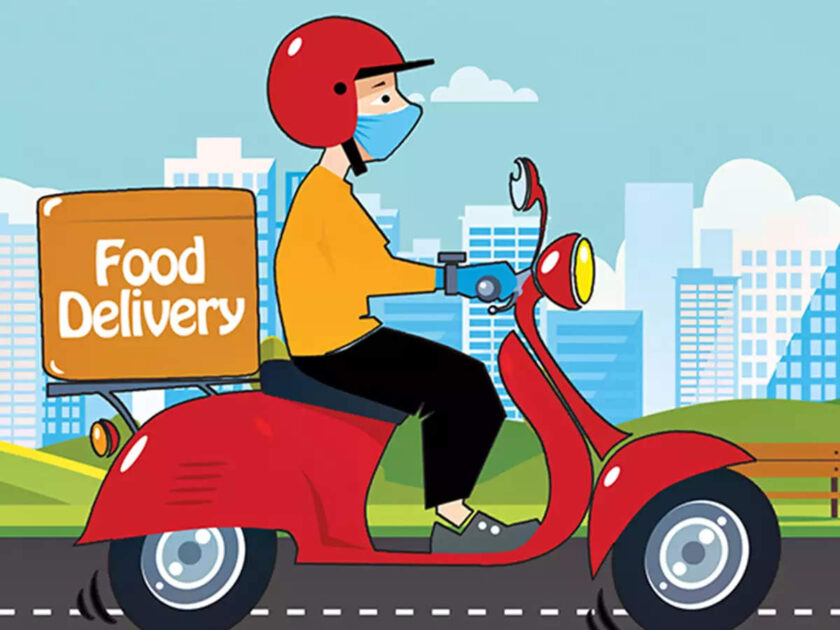Food delivery apps will have to collect and deposit 5 per cent GST with the government, in place of restaurants, for deliveries made by the platforms.
The GST Council has approved this proposal to make food-delivery platforms like Zomato and Swiggy responsible for collecting and depositing the 5 per cent GST applicable on food with the government, effective January 1.
The idea is to bring several restaurants that had not been paying taxes under the GST net.
What are the New GST changes?
Right now, if a customer orders food, for example, from Restaurant A using Swiggy or Zomato, the food delivery platform collects the 5 per cent tax on food from the customer and passes it on to the restaurant.
However, the government believes that several restaurants have not deposited their tax despite them recording high turnover.
Now effective January 1, the food-delivery apps will collect the tax on behalf of the restaurant and will also deposit it on their behalf. As a result of this, the restaurants will also have to mandatorily register themselves as is done by e-commerce sellers.
Will it effect the customer?
Since no new tax that has been introduced, the consumer will continue to pay the 5 per cent rate on the food they order online.
The proposal of the GST Council, which got approved Friday, also pegged to bring the delivery services under the tax net, but it determined that since the customer does not directly avail the services of a delivery executive, nor do they have the choice of which delivery executive services them, the responsibility for paying the tax on delivery services will lie with the food-delivery apps.
Changes with restaurant and delivery apps?
Tax experts suggest that the most significant impact will be on smaller restaurants, particularly those with annual turnover of less than Rs 20 lakh, as they were not included in the GST net before. With the responsibility for collection of tax lying with the aggregator, these smaller restaurants will also need to pay taxes.
For most restaurants now, however, there will be an added compliance burden in that they will have to keep two separate books of accounts — one for their normal business and second for the business done through Zomato or Swiggy.
For the aggregators, this will also increase the burden of compliance towards collecting and accounting for the taxes on behalf of the restaurants.
The move may also create some confusion in terms of applicability of input tax credits, for which food aggregators are expected to seek clarifications from the government.
